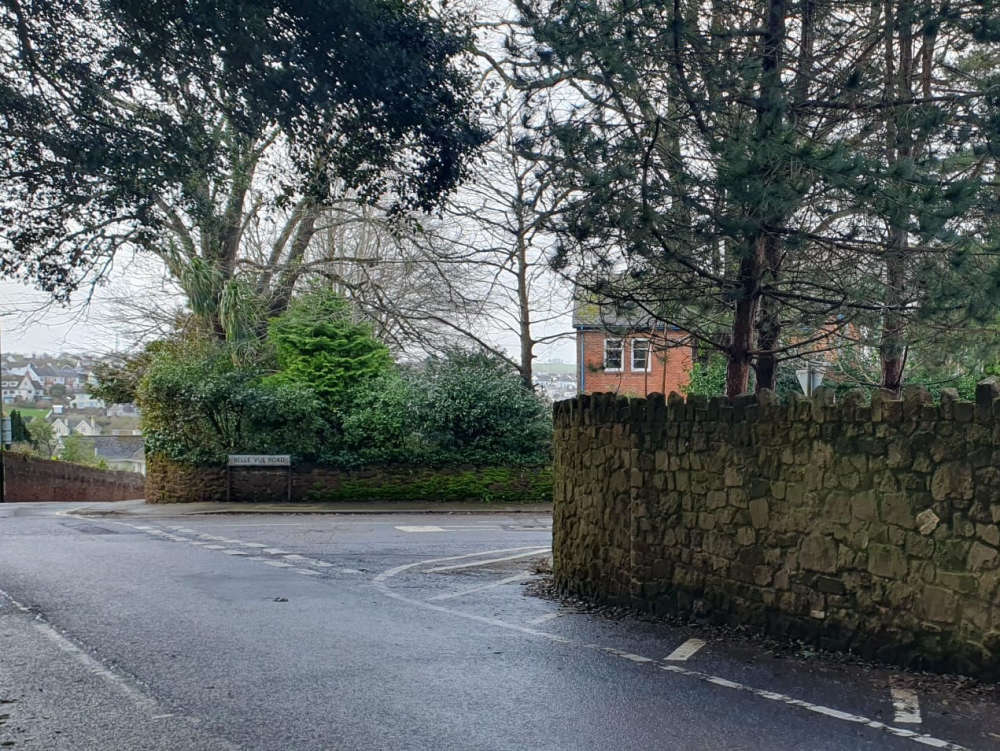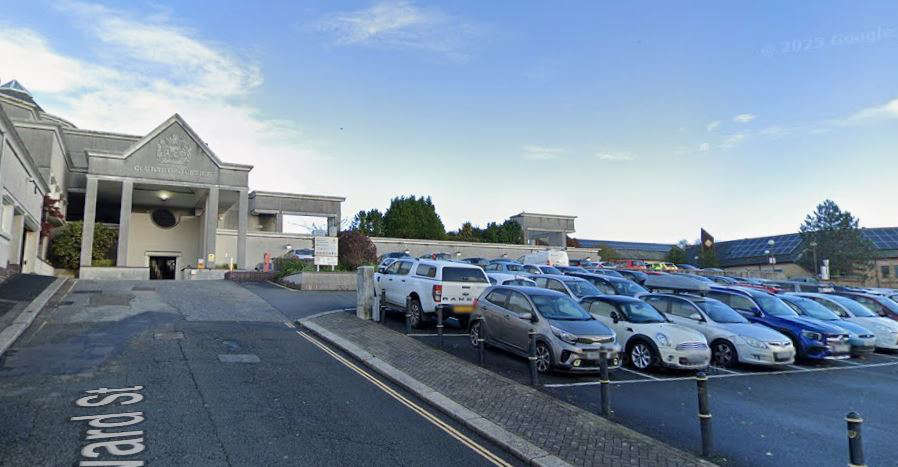
Neighbours feared fire
Plans for a lithium battery storage facility in East Devon have being rejected.
Clearstone Energy wanted to build and operate the battery energy storage system, or BESS, south of Hazelhurst Raymonds Hill in Axminster, but its hopes were dashed after planners rejected the scheme after a three-and-a-half hour debate following residents’ concerns about fire risks and the potential pollution of a vital water source.
Such facilities allow energy companies to store electricity generated by renewable sources, such as wind or solar. This means they can provide locations with renewably-generated energy even when supply from those sources is low because of lack of sunshine or wind.
Several residents attended East Devon District Council’s planning meeting to outline their misgivings, including worries about a nearby aquifer that supplies drinking water to homes being contaminated if a fault occurs.
Examples of BESS fires around the country were highlighted as evidence about why the scheme should be refused, and there were doubts that the proposed capacity for any firefighting water runoff would be sufficient.
However, the developer claimed the manufacturer of its equipment had a “100 per cent safety record”, that its proposal met and exceeded guidance, and that a fire on site was “highly unlikely”.
Most of the public speakers referenced a Planning Inspectorate decision in 2023, which backed up East Devon’s decision to refuse permission for a BESS near Pound Road in Hawkchurch, also near Axminster.
Elliot Jones, speaking on behalf of Hawkchurch Action Group, said the application being considered raised “profound risks to public safety and environmental integrity”, which he claimed mirrored the concerns in the Pound Road decision.
“The same [planning] conditions applied to Pound Road as are being proposed here, but both sit above the same aquifer,” he said.
“The fire service raised no objections to the Pound Road scheme but the Planning Inspectorate dismissed the appeal as the applicant couldn’t show there was no risk.”
In the Pound Road appeal, the planning inspector stated it had “not been demonstrated that the proposal would not be a significant risk to local residents and the environment”.
“The risk of contamination to the aquifer is also too great as it is relied on as a source of water,” Mr Jones added.
Roger Ader, another resident, questioned whether the proposed minimum capacity of 228,000 litres of firefighting water runoff storage could genuinely be sufficient.
The applicant claimed it would take 192,000 litres of water to fight a fire at the site, meaning the minimum of 228,000 litres of storage would be enough.
However, Mr Ader stressed that the Pound Road appeal suggested such water storage levels needed to be nearer “five million litres” for BESS schemes.
“Given this, the provision made by this application is evidentially inadequate,” he said.
He added that if the firewater container was inadequate, then “contaminated water can percolate into the aquifer, polluting it irreversibly”.
Mr Ader also said the notion of storing around 228,000 litres of emergency water on site to help fight a potential fire was also in adequate.
“It took fire crews in Liverpool 48 hours, so it is not believable that this amount of water is adequate, particularly as there are no hydrants within the vicinity of site,” he said.
“The Pound Road inspector explicitly raised concern about the capacity of the fire service to fight a fire in remote locations like Hawkchurch, and the same applies here.”
These concerns were echoed by ward member Cllr Sarah Jackson (Independent, Axminster), who said she had worked at a company that developed products to contain lithium iron battery fires.
“This means I know how toxic they are and hard to extinguish,” she said.
“Often, the only course of action is to leave them to burn themselves out, sometimes for days, all the while spewing toxic chemicals into the air.”
Her counterpart, Cllr Paul Hayward, (Independent) who also represents Axminster on the district council and now on Devon County Council too, said he understood the need for green energy solutions, but felt the application contradicted many of the council’s planning policies.
“With power comes responsibility, and so anyone proposing this type of scheme in open countryside needs to provide you with 100 per cent assurance that the benefits outweigh the risk of harm, and if you have doubt or reservations about that then you must refuse permission,” he said.
“This is not about nimbyism or a luddite mindset, but about having green infrastructure that doesn’t affect the countryside for decades to come.”
Cllr Hayward said he had reviewed local planning policies and found numerous examples of “harm and contradiction” within the scheme.
Simon Rothwell, from Clearstone Energy, said proposals like this one were “critical” to increasing energy security, reducing energy costs and slowing the rate of climate change.
“Gas-fired power stations can be turned up or down but wind and solar are weather dependent, so battery storage helps match clean energy generation with demand,” he said.
He added that the government’s clean power action plan out to 2030 aimed for a five-fold increase in BESS facilities.
“The project will not put the safety of local residents or the water supplies at risk,” he said.
“Objectors understandably draw parallels with Pound Road but this is a very different proposal, and we have provided evidence in collaboration with Devon and Somerset Fire & Rescue Service.”
At the vote, most planning committee members opted to refuse the scheme.
 Pothole reports in Plymouth triple
Pothole reports in Plymouth triple
 Electric cars add to hazards in busy Paignton street
Electric cars add to hazards in busy Paignton street
 Armada Way revamp will be shining light at end of tunnel
Armada Way revamp will be shining light at end of tunnel
 Devon pothole numbers skyrocket
Devon pothole numbers skyrocket
 Calls for Torbay to rethink 'Blue Flag' exit
Calls for Torbay to rethink 'Blue Flag' exit
 Parking charges to increase in Cornwall Council car parks
Parking charges to increase in Cornwall Council car parks
